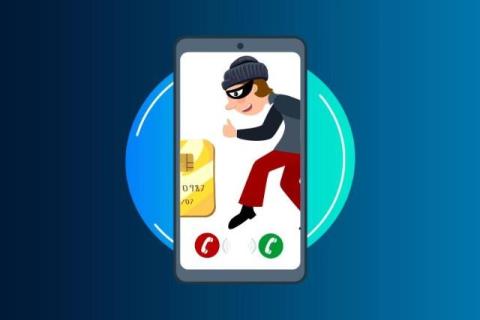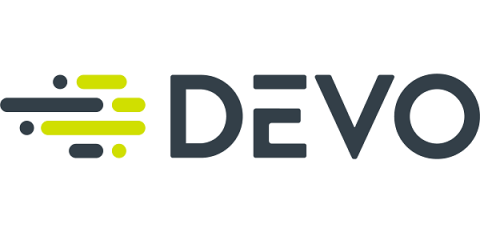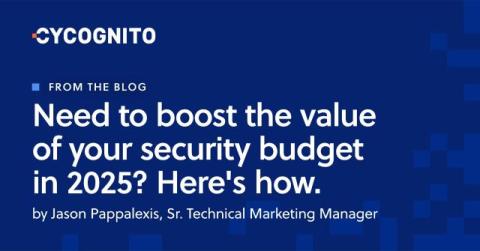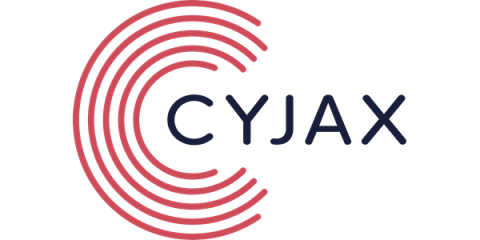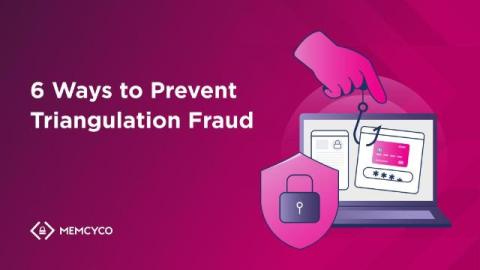Vishing Attacks: Protect Your Business from Phone-Based Threats
Vishing attacks, also known as voice phishing scams, are the newest way for cybercriminals to take advantage of weak spots. What is a vishing strike, though? Vishing is a type of social engineering scam in which people are tricked into giving up private information like passwords, credit card numbers, or business details over the phone or through voice mail. Vishing is different from phishing emails because it involves talking to people in person.


